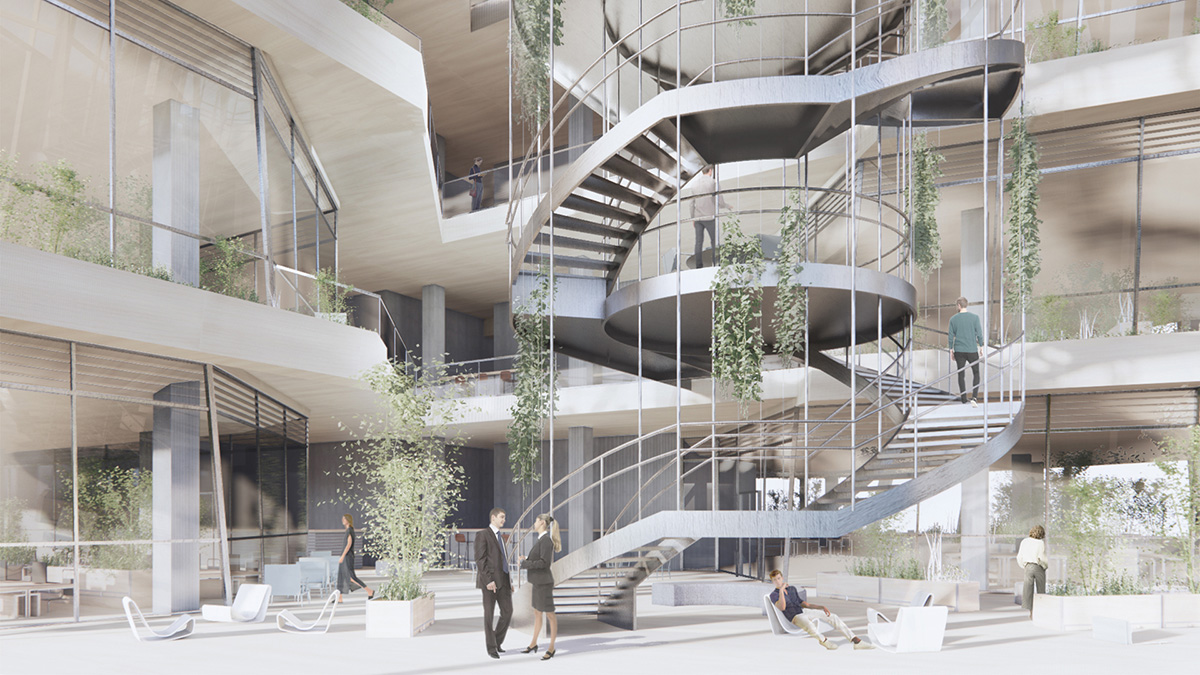Advanced Applications in Sustainable Architecture
This new elective seminar will provide a deeper dive into issues of evidence-based, high-performance, sustainable building design. The course is intended for first and second year Energy and Environment students, MArch students, and anyone with an interest in the environmental performance of buildings. Because we hope to create a diverse team of problem-solvers, students with any one of a variety of backgrounds, such as design, engineering, and financial analysis are encouraged to enroll.
Students will increase their understanding of high-performance environmental design strategies in architecture. They will also have the opportunity to learn the following skills, but they may choose the area(s) in which to focus their attention:
– whole-building energy simulation*
– daylight design and analysis methods, including daylight simulation*
– hygrothermal (thermal and moisture) simulations, as well as mold-growth simulation
– life-cycle analysis of materials and construction methods
– life-cycle cost analysis (construction costs and utility savings)
– assessing societal cost of carbon emissions and related health savings
*in greater depth than taught in 6122 Environmental Systems II or 6125 Building Simulation. Students will have the choice to explore either the same or different software tools.
Final Project
Students may choose one of the following options.
1. Students may join a team to compete in the U.S. Department of Energy’s Solar Decathlon design competition. (Since the competition offers multiple divisions, the class may form more than one team.)
2. Students may develop and detail a strategy within the built environment to help Harvard University meet its Climate Action Plan (Fossil Fuel Free by 2050).
3. Students may propose an alternate research or design project.
Class Format
The class format consists of lectures, in-class exercises, group discussions, student presentations, and project-based strategy sessions (or desk crits). Students learn skills/tools through a series of short tutorials and assignments. Then they narrow their focus and apply these skills to the final project.
Prerequisite
It is recommended that students have had (or are concurrently enrolled in) some introduction to sustainable design/building science, such as 6121/6122 Environmental Systems; 5370 Environment, Economics, and Enterprise; or a similar course at another institution.
Note: the instructor will offer live course presentations on 08/31, and/or 09/01. To access the detailed schedule and Zoom links, please visit the Live Course Presentations Website.
Projects
-

ResilientHub
Holly Samuelson, Instructor
Fall 2020